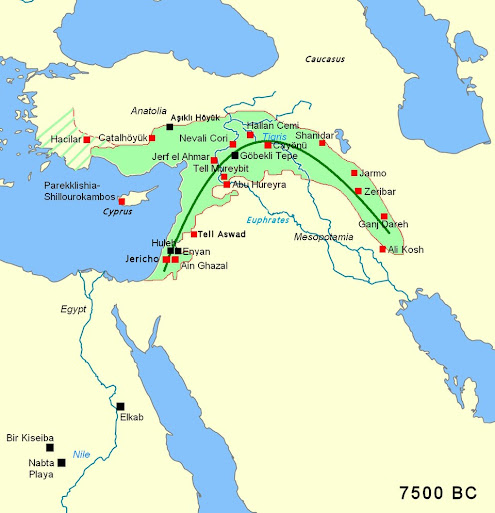“Le problème avec l’âge” is the google French translation of the phrase ‘the problem with advancing years’ as well as ‘the problem with advancing age’, ‘the problem with age’ and ‘the problem with the age’. There are many nuances that can be applied to the word ‘age’ in both languages. The meaning of the word depends, of course on, context. The English seems a bit more specific because of the adjective, transitive verb or definite article applied to it. The French language is more reliant on nuance and context, although the French like to think it is more precise than English. Many French persons believe, incorrectly, that their language has more words than English, which is why it is more reliant on nuance and context.
A frenchman can say “C’est l’âge” with a meaningful look or gesture and be given a response “Et oui. Voilà” accompanied by similar look or gesture. An English person can make a like remark, but it might not have the same Gallic gesture or knowing look to go with it. The English will or course have an implied irony, where necessary, and it can often be accompanied by an imitative gallic shrug. Indeed, the English know quite a lot about nuance. Perhaps even more so than the French, even although the word itself is French.
But I digress from ‘le problème avec l’âge’. There are things happening today, in the second score of the twenty first century, that defy reason. It is as if a more thorough knowledge and accessibility to history, and the tribulations of the past, had no relevance at all. We are flooded with endless film, video, documentaries and explorations about the past as never before, yet what lessons have been learned, and what ameliorating decisions have been put in place. The problems of nationhood seem entirely unsolvable, and the finer aspects of civilisation seem unobtainable. Bigotry, prejudice, racism, inequality and isolationism seem to be the bedrock of human behaviour rather than being ground into dust as they should have been long ago.
Considering humans have been on the planet for at least 100,000 years and the neolithic revolution (a.k.a. the First Agricultural Revolution, which was the transition form hunting and gathering to one of agriculture and settlement) was over 10,000 years ago in the Middle East of all places, one would have thought conflict in that region by now would be extinct. Herewith map of area concerned relating to 7500 BC. So conflict not resolved for 9,500 years? What is wrong with these people? And for that matter the so called allies and peacemakers of the current age? If anything, we seem to have grown further apart.
Current documentaries relating to research on the “American People”, in particular those of a very conservative and nationalistic disposition, make it clear that there is a great divide. It is all the sadder because so many young Americans have adopted a very narrow mindset and embraced biblical teaching. Their parents claim they are teaching their children to think for themselves, when in reality they are effectively brainwashing them, all the while claiming that the political left, and democrats in particular, are trying to brainwash them. Many are being home-schooled and as a result are poorly educated. They are the very corps of the Maga movement. Their minds are seriously locked in to some form of overweening christianity, placing more emphasis on the bible all the while claiming the authority of the United States Constitution, which they have probably never actually read. The divisions are so deep that I do not think the United States will actually survive and may well perish from the earth, and like Yugoslavia will dissipate into separate regions, creating a variety of sovereignties. Watching the various ridiculous separatist arguments in the US Congress on YouTube is an instance in point. The slavish adherence to protecting Mr Trump and his insanity in the face of his obvious criminality is beyond any rational explanation. No amount of reality or actual facts have any meaning anymore. All one can say is “C’est l’âge, voilà”
Speaking of age, the deterioration of one’s physical being is difficult to take in. On the one hand, some of us deteriorate mentally whilst remaining more physically able, whilst for others it is the reverse. My physical capacity is dwindling, although I fail to fully take it in. I feel mentally able to carry on doing the same things but the body somehow does not always respond as I feel it should. My own fault I am sure, for failing to do the required exercise to keep the physicality up to scratch. So I ponder on the nature of nuance and the various meanings of words. Voilà, c’est tout. (Try to imagine the gallic shrug)

